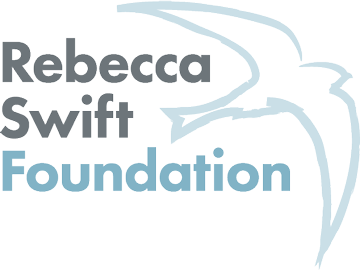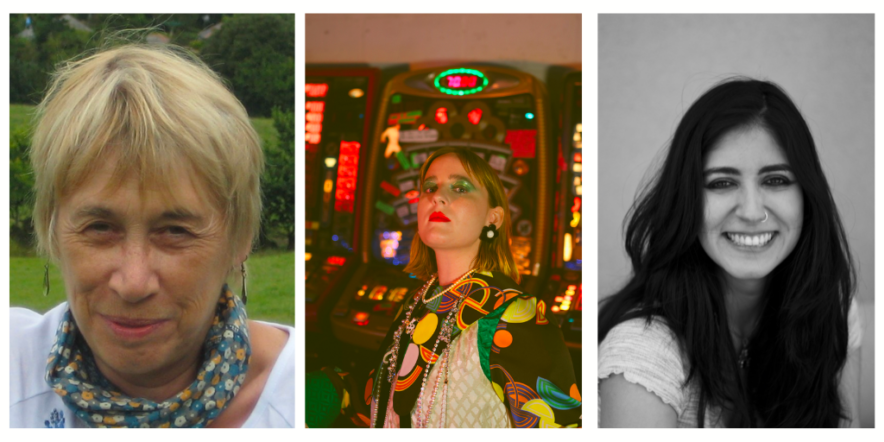As our biennial Prize prepares to open its doors to submissions, we’re delighted to introduce you to our three judges – Penelope Shuttle, Nikita Gill, and Abi Palmer. We asked them what they are looking for when they read new poetry…
Penelope Shuttle
I’d like to read poems that have taken language out of its comfort zone. I welcome both formal poems and those using free form. I hope to read poems of the unexpected, unpredictable, implausible even. Make me believe anything through the force of your language. I want ardour and insight, wit and enchantment. I think I’d suggest being very wary of taking on ‘big’ themes, such dementia, or climate change, unless you are very confident of finding language sufficient to deal with the theme, which has already been written to death. I don’t want to read poems that have been over-thought, where concern with technique has undermined the energy of the language. A poem is made of living language, language living its best life. A poem is human soul’s speech. You can say anything in a poem. Be anyone. Go anywhere. Amaze your reader.
Penelope Shuttle lives in Cornwall. Her thirteenth collection, Lyonesse, appeared from Bloodaxe in June 2021, and was Observer Poetry Book of the Month for July. Covid/Corvid, a pamphlet written in collaboration with Alyson Hallett, appears from Broken Sleep Books, September 2021. Father Lear, a pamphlet, was published by Poetry Salzburg in June 2020.
Abi Palmer
I live for poems that shift , rearrange, or break something inside of me. This could be through (for instance) a subtle reorganisation of ideas, an unexpected line break, or a major shift on themes – pushing out to places I wasn’t expecting to be taken. I’m not as interested in uncovering universal truths as I am in the poems which are incredibly specific, personal and strange. But none of this is gospel – more than anything I love to be surprised!
Abi Palmer is a writer, artist and filmmaker. Her work often incorporates poetry, multisensory interaction and installation. Her debut book Sanatorium (Penned in the Margins, 2020) is a fragmented memoir, jumping between luxury thermal pool, and blue inflatable bathtub. It was shortlisted for the Barbellion Prize and listed as one of the Guardian’s Best Poetry Books of 2020. Her writing has appeared in Granta, The Guardian, Poetry London, Wellcome Collection, Butcher’s Dog Magazine, BBC Radio 3, and Vice UK. Her artwork has been exhibited at Tate Modern, Somerset House, Wellcome Collection and Collective, Edinburgh. Abi is a recipient of the Paul Hamlyn Foundation’s 2021 ‘Awards for Artists.’ She is represented by RCW Literary Agency.
Nikita Gill
Poetry is the language of the heart and of truth. And I believe that poets are the emotive historians of humankind – it is the duty of poets to record history through emotions and perspectives often not seen in libraries full of history books. I’m looking for work that moves, surprises and holds us entranced in the moment. I am looking for core memories and stories told through verse that change the reader’s lens. But most importantly of all, I’m looking for what your heart has to say.
Nikita Gill is an Irish-Indian poet. Nikita has given a Tedx Talk, spoken at every major literary festival in the U.K., been shortlisted for the Goodreads Choice Award in poetry twice and has recently made her first foray into music having written for Anoushka Shankar’s newest single, Sister Susannah. She has written for or been featured in The New York Times, The Times, The Financial Times, The Guardian, Stylist Magazine, The Bookseller, Cosmopolitan, The Times of India, Eastern Eye and many more. Gill has written six collections of poetry, and a novel in verse which highlights Hindu mythology which has been optioned for TV. Her newest collection, Where Hope Comes From, is out now.

